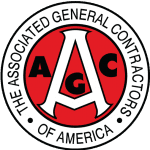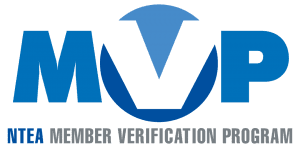During the colder months, your equipment needs to be properly prepared and cared for so that you can be sure each piece will be in top operating form. We know you want to protect your investment as well as keep your operators and drivers safe, so today we are going to share a few tips on how to ensure that your workplace equipment will operate smoothly and efficiently during the colder months here in Middle Tennessee.
Daily Inspections
Your equipment operators have a daily inspection checklist that they go through every day before they head out to locations. When the weather is colder, they will need to take some additional precautions, such as:
Checking Filters
- When air, fuel, or hydraulic filters are dirty, clogged, or compromised, that will make your equipment much harder to start, and can also cause a loss of power during operation.
Checking Batteries
- The weather during colder months will cause vehicle and machinery batteries to discharge more quickly as well as charge much more slowly. Your operators need to make sure that they never charge or jump-start a battery that is frozen. The battery needs to be warmed up to at least 40 degrees Fahrenheit before attempting to do so.
Checking Fluids
- Freezing temperatures will cause fluids to thicken; this increases the pressure on hoses and seals. Even hydraulic fluids can become an issue, so checking for leakage in those hoses and seals can let you know there’s a problem before real damage is done.
Checking Tires
- Pneumatic tires often need more air to maintain the correct pressure during the colder months. Both pneumatic and solid tires need to be checked regularly to make sure that the tread is in good shape for operating during wintery conditions, as well.
Checking Wipers/Lights
- Lights and wipers are extremely important during the darker winter months, as precipitation and condensation can negatively affect visibility at this time. Your operators will want to ensure that these items are working properly and that headlights need to be clean.
Checking Heater/Defroster
- These items should be first on the winter prep list since they won’t have been used for several months.
Keeping Up With Lubrication
- Moving parts will freeze and seize up, so ensuring that they are well-lubricated in the colder months is vital to keep your equipment working smoothly. Coolant acts as a lubricant, as well, so it will need to be kept topped off in every vehicle.
Warming Up
- Your operators should know that their machines and trucks need to idle for a few minutes on cold mornings, and each hydraulic function should be engaged before fully engaging so that the oil can circulate.
Cleaning
- Salt will damage the equipment, so it needs to be removed at the end of every workday.
Parking
- Park your equipment on raised planks or some other surface, instead of the bare ground. Equipment that sits outdoors overnight in colder weather – especially when it’s severe – can actually freeze to the ground. Any attachments will need to be elevated from the ground when the vehicle or machine is parked.
Our Utility Equipment Service, Inc. team is here to help you get your work done. Call us today for information on buckets, lift-gates, trucks, and more!




